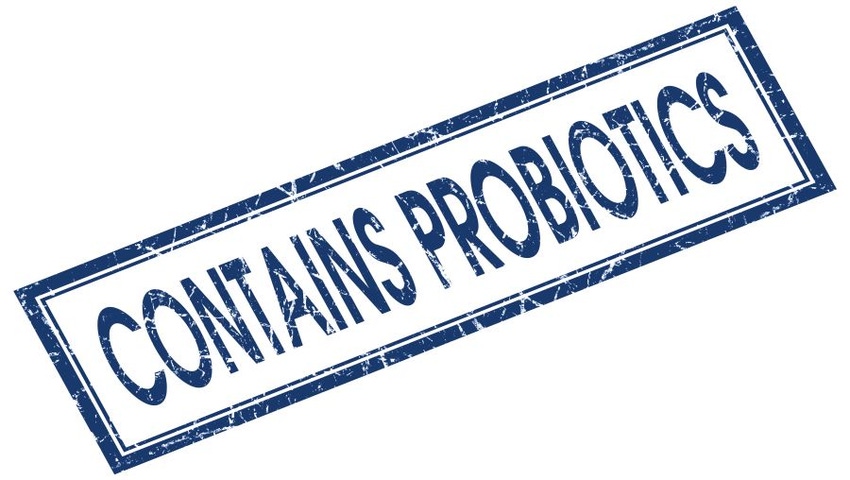Irritable bowel syndrome (IBS) is caused by alterations in gut motility, inflammation and visceral hypersensitivity, resulting in abdominal discomfort. Probiotic therapy can alleviate these conditions if the choice of strain is carefully considered.
March 21, 2017

The probiotic industry is growing, with a five-year compound annual growth rate (CARG) of more than 6 percent, and is expected to hit US$36 billion globally in 2018, according to BCC Research. The sales growth is spurred by the understanding of the human microbiome—the collection of microorganisms living in association with the human body—and the effect of probiotics on the microbiome.
The Human Microbiome Project was initiated in 2008 by the U.S. National Institutes of Health (NIH) to identify and characterize the microorganisms living in the human body, both healthy and diseased. While the biomass of the bacterial cells residing in the human body may form only 1 to 3 percent of the mass of a human body, these cells can outnumber the human cells by 10 times. These bacterial cells play an important role in the maintenance of our health, and changes in the microbiome are often related to disease conditions.
The probiotic industry is growing due to its multiple health benefits. An important aspect of probiotic therapy is whether the bacteria survives. The therapeutic benefits of bacteria can be negatively affected if there are harsh conditions during formulation or long shelf storage. Spore forming bacteria have revolutionized probiotic delivery by allowing formulations of food, including soft chews, gummies and chewables, to deliver probiotics in forms that increase consumer usage.
In a clinical setting, the spore-forming probiotic Bacillus coagulans MTCC 5856 (as LactoSpore from Sabinsa) was used to treat patients with irritable bowel syndrome (IBS), and the researchers found that it alleviated symptoms. The study demonstrated the impact on the usage of a spore-forming bacteria to manage IBS.
Learn more about how probiotics benefits IBS and other health conditions, as well as more information on regulatory and market trends in INSIDER’s Probiotic Science Digital Magazine.
Get in-depth insights on probiotic science and formulation considerations, as well as issues to consider for an effective go-to-market strategy at Probiotics Marketplace, a day-and-a-half event on April 18 and 19 as part of Ingredient Marketplace in Orlando. Probiotics Marketplace is produced with the International Probiotics Association (IPA), the premier underwriter is Nutraceutix, and additional support is provided by BIO-CAT, Sabinsa Corp., Unique Biotech and Viva 5 Corp.
Anurag Pande, Ph.D., has been with Sabinsa's sister company, Sami Labs since 2004 in a research capacity, and spent several years at Sabinsa Japan's Tokyo office as senior technical manager. Today, Dr. Pande works from Sabinsa’s corporate headquarters in East Windsor, New Jersey. Pande holds a doctorate in phytochemistry from RML Awadh University, Faizabad, India, and has both a master’s and a bachelor's from Lucknow University, India. He is the author of several trade and peer reviewed publications. In his current capacity, Pande helps with technical marketing, delivers talks on various health benefits, provides regulatory support of Sabinsa’s portfolio of ingredients, as well as closely working with customers to help them develop new products and formulations.
About the Author(s)
You May Also Like




.png?width=800&auto=webp&quality=80&disable=upscale)